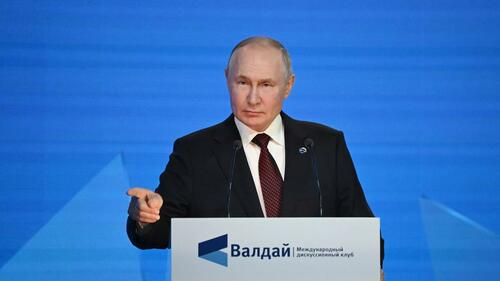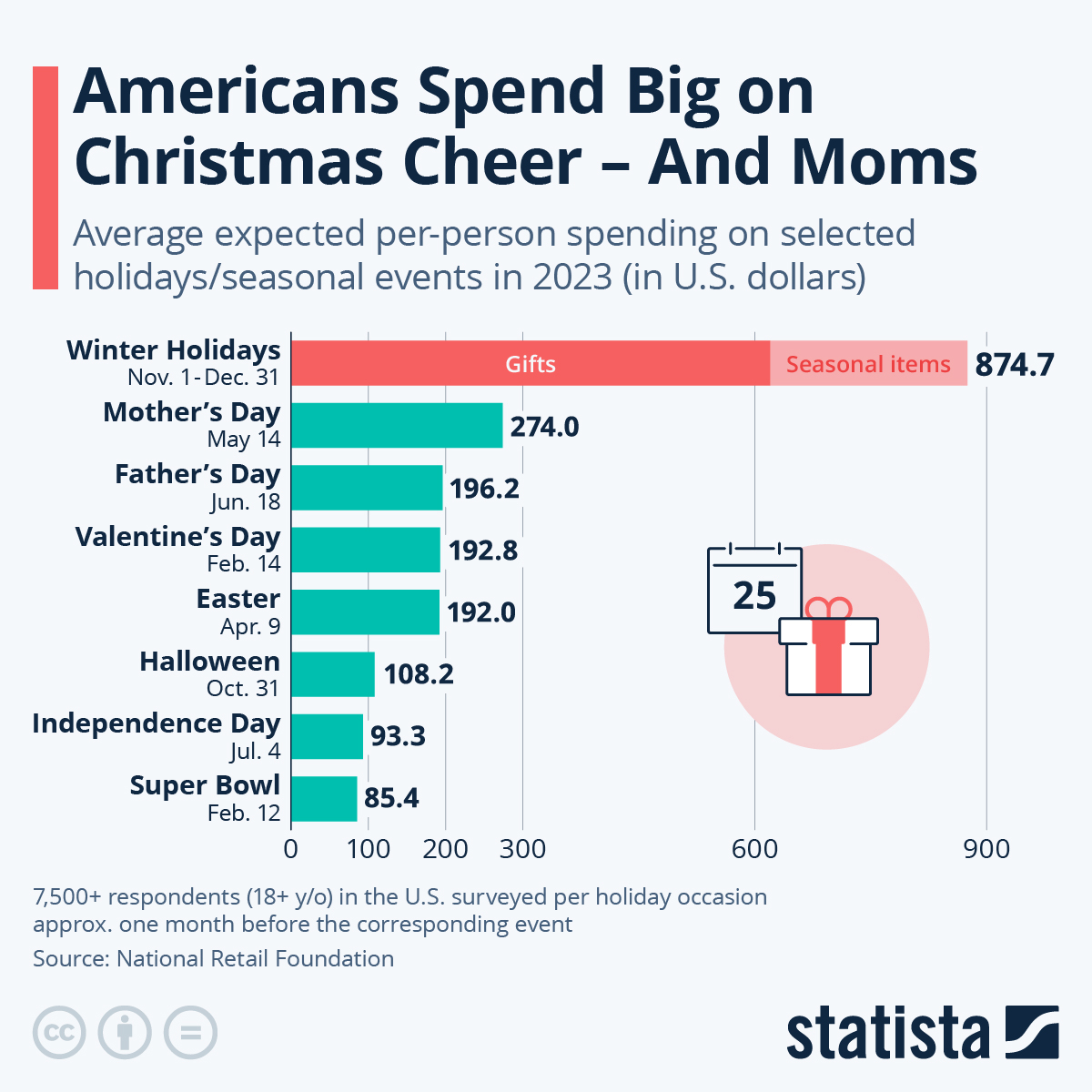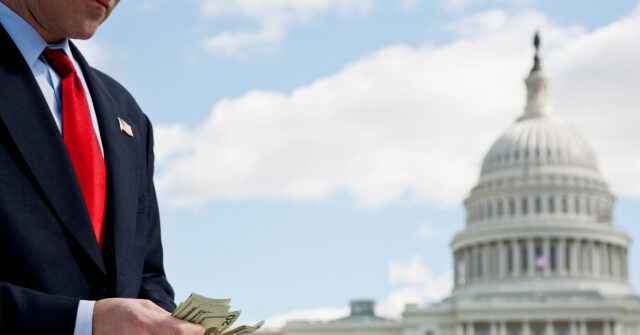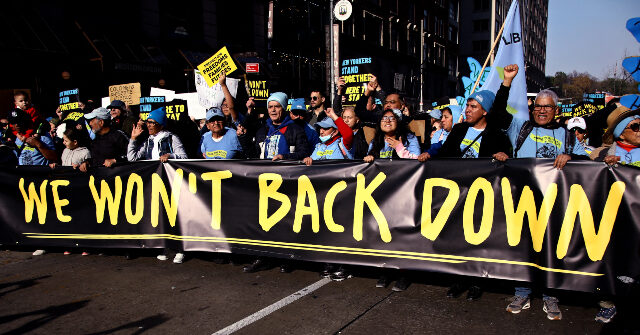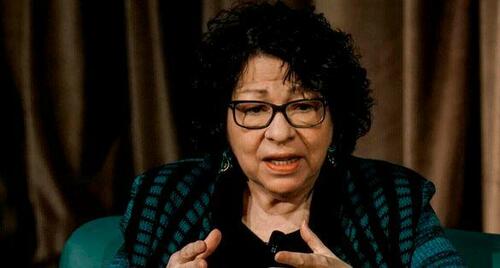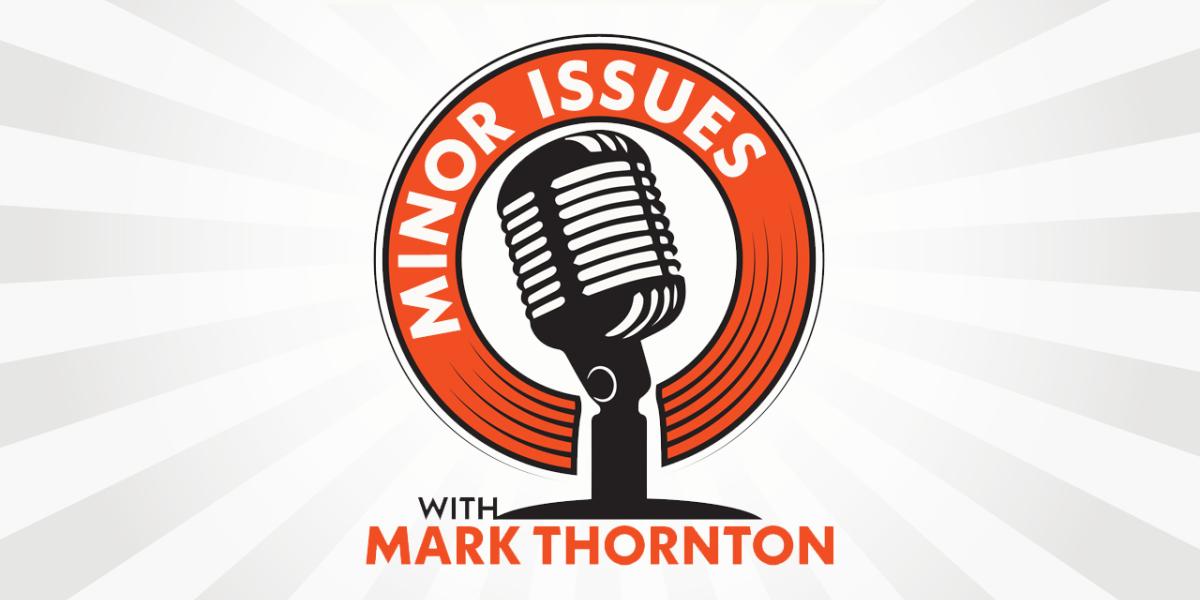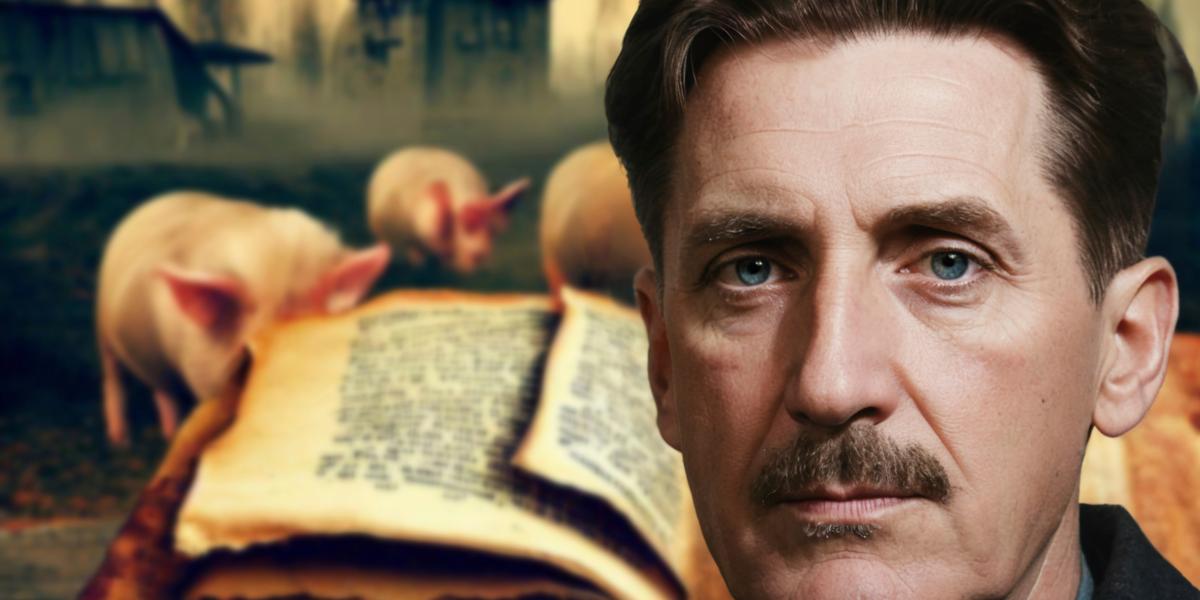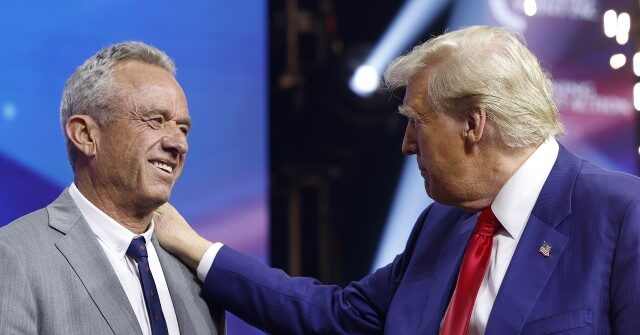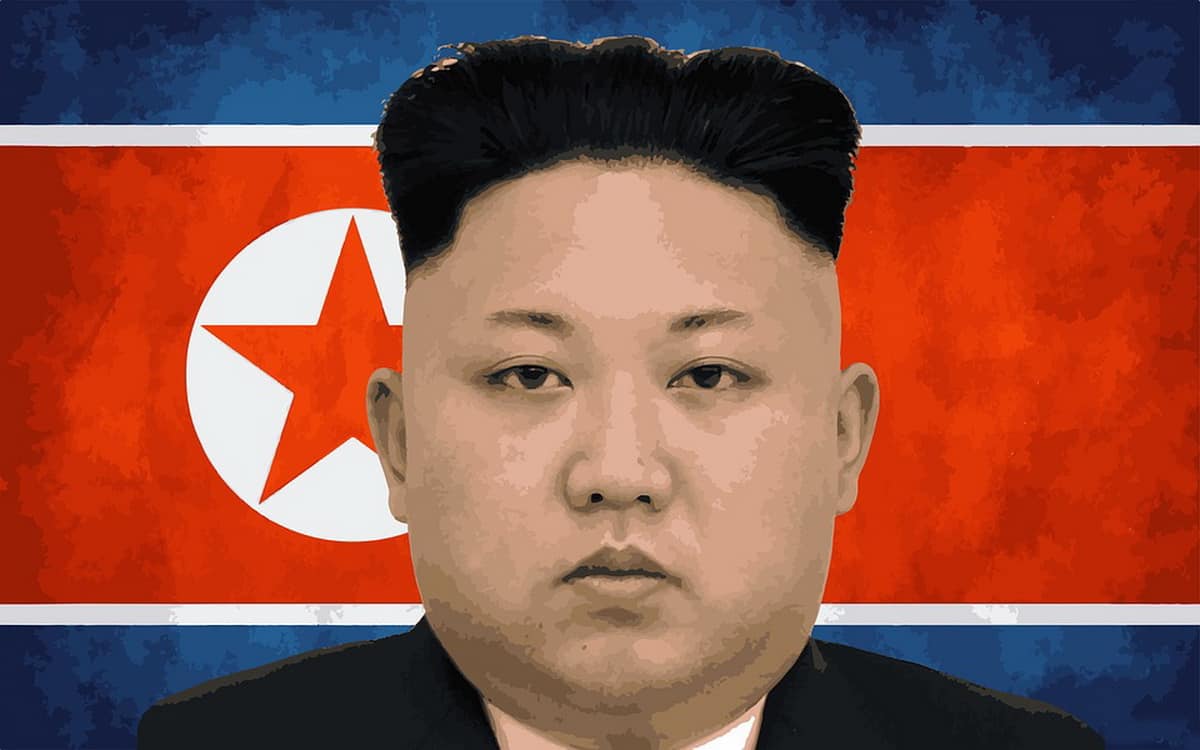Escobar: Putin Outlines The ‘Moment Of Truth’
Escobar: Putin Outlines The ‘Moment Of Truth’
Authored by Pepe Escobar,
President Putin’s plenary session performance (address + Q&A) at the annual Valdai Club meeting in Sochi felt like a high-speed train on cruise control.
Totally cool, calm, comfortable, in full command of a Himalaya of facts, no political leader anywhere – recent past and present – would even come close to delivering what amounts to an extensive, detailed world view deeply matured over a quarter of a century at the highest geopolitical level.
Putin began his address referring to the October 1917 revolution, drawing a direct parallel with our turbulent times: “The moment of truth is coming”. In a clear tribute to Gramsci, he stated how a “completely new world order” is “being formed before our eyes.”
The subtle reference to the recent BRICS summit in Kazan could not possibly escape critical minds across the Global Majority. Kazan was a living, breathing testimony that “the old order is irrevocably disappearing, one might say, has already disappeared, and a serious, irreconcilable struggle is unfolding for the formation of a new one. Irreconcilable, first of all, because this is not even a fight for power or geopolitical influence, this is a clash of the very principles on which relations between countries and peoples will be built at the next historical stage.”
As concisely as possible, that should be taken as the current Big Picture framework: we are not mired inside a reductionist clash of civilizations or the “end of History” – which Putin defined as “myopic” – but facing a make-or-break systemic clash of fundamental principles. The result will define this century – arguably the Eurasia Century, as “the dialectics of History continues.”
Putin himself quipped that he would drive into “philosophical asides” during his address. In fact that went much further than a mere refutation of unilateral conceptual fallacies, as “the Western elites thought that their monopoly is the final stop for humanity” and “modern neoliberalism degenerated into a totalitarian ideology.”
Referring to AI, he asked rhetorically, “will human remain human?” He praised the building of a new global architecture, moving towards a “polyphonic” and “polycentric” world where “maximum representation” is paramount and the BRICS are “coming up with a coordinated approach” based on “sovereign equality.”
Six Principles For Global Sustainable Development
Sovereignty had to be one of the predominant themes during the Valdai Q&A. Putin was adamant that Russia must “develop our own sovereign AI. As algorithms are biased and give massive power to a few big companies that control the internet, the need is imperative for “sovereign algorithms.”
Answering a question on Eurasian security and the US as the dominant maritime power v. a multipolar Eurasia, he stressed the “consensus and desire in Eurasia for an anti-hegemonic movement”, and not for Eurasia constituted “as a bloc”. That’s the appeal of Eurasia’s “multi-vector foreign policy”, implying “more political independence”. The key example of “harmonizing interests”, Putin stressed, is the Russia-China partnership, and that was also what “made BRICS successful.”
Compare it in contrast to “the inability in Europe to establish a system of “indivisibility of security” and to “overcome bloc politics”; Europe instead went for NATO expansion: “After the end of the Cold War there was an opportunity to overcome bloc politics. But the US had fear of losing Europe. The US installed almost a colonial dependence. Honestly I did not expect that.”
Putin introduced a fascinating personal experience tidbit referring to a conversation – in German – with former German chancellor Helmut Kohl in 1993, when Kohl said flat out that “the future of Europe” is linked to Russia.
Yet that ended up leading to “the most important problem on our Eurasian continent, the main problem between Russia and European countries: the trust deficit (…) When they tell us that ‘we signed the Minsk agreements on Ukraine only to give Ukraine an opportunity to rearm, and we had no intention of resolving this conflict peacefully,’ what kind of trust can we talk about? (…) You have directly publicly stated that you have cheated us! Lied to us and deceived us! What kind of trust is that? But we need to get back to that system of mutual trust.”
Putin then added that Europe should consider becoming part and parcel of a Chinese concept straight from Chinese philosophy (“they do not strive for domination”). With panache, he stressed that the Chinese uber-geoeconomic trade/connectivity project should be interpreted as One Belt, One Common Road.
And that extrapolates to Central Asia, with all those nations “very young in their statehood” interested in “stable development”. For Russia-China, there’s “no competition” in the Heartland: “we only have cooperation.”
Putin once again enumerated what he considers the 6 key principles for global sustainable development: openness of interaction (implying no “artificial barriers”); diversity (“a model of one country or a relatively small part of humanity should not be imposed as something universal”); maximum representativeness; security for all without exception; justice for all (erasing “the gap between the ‘golden billion’ and the rest of humanity); and equality.
“Make Civilizations, Not War”
On Ukraine, this was the money quote: “If there is no neutrality, then it’s difficult to imagine any kind of good neighborly relations between Russia and Ukraine.” In a nutshell: Moscow is ready for negotiations, but based on facts on the battlefield and what was agreed upon in Istanbul in April 2022.
That may be interpreted as a direct message to President Trump. To whom the door is open: “Russia has not damaged its relations with the US and is open to their restoration, but the ball is in the Americans’ court.”
Putin on US Presidents (he met quite a few): “All of them are interesting people.” On Trump: “His behavior when there was an attempt on his life, I was impressed. He is a courageous person. He acquitted himself valiantly.” On the open door: “Whatever he does it’s up to him to decide.” Then Putin offered his own congratulations for the re-election – on the record. The dialogue may be on: “We are willing to talk to Trump.”
Putin extolled Russia-China relations as part of their strategic partnership as being “at the highest level in modern history.” He also praised his own personal relation with Xi Jinping. That paved the way for the real killer, when it comes to US-Russia-China: “If the US had chosen a trilateral cooperation instead of double constraint – everyone would win.”
An excellent question by Brazilian economist Paulo Nogueira Batista Jr – a former vice-president of the NDB, the BRICS bank – led Putin to clarify his own position on de-dollarization. He stated flatly that “my role is to see ideas shaped that we then propose to our partners”.
The key target is “proposing to create a new investment platform using electronic payments.” That will address the “most promising markets” in the near future – South Asia, Africa, parts of Latin America: “They will need investment, technologies.” And “tools independent from inflation” – with regulation “through Central Banks and the NDB. We agreed to have a working group meeting regularly at government level. We are in no hurry.”
So that puts to rest any scenario of an immediate BRICS financial bombshell – even as “two-thirds of our trade is being serviced in national currencies” and among BRICS the figures are also high.
BRICS Bridge will be tested – soon. As for creating a single currency, that’s “premature. We need to achieve greater integration of economies, increase the quality of economies to a certain – compatible – level.”
Then, the bombshell: “We never wanted to abandon the dollar!” That goes a long way to explain Putin’s own view on de-dollarization: “They are undoing it with their own hand – the power of the dollar.”
All of the above is just a sample of the width and breath of themes addressed by the President during the Valdai Q&A. The forum itself offered precious nuggets all across the spectrum. Some participants – correctly – noted the absence of “the majority of the majority”: youth and women. Africans were impressed with “the sharp mind of Russian bureaucracy.”
A Chinese view noted how “the Chinese don’t swim against the current; they cross the river and reach the other bank.” There was a near consensus that development should be “based in different cultural values of civilizations” – actually Putin’s own view. Also imperative is the “need for aggregate authority” among the Global South.
A Greek insight was particularly powerful when it comes to the civilizational approach to politics: “Civilizations don’t clash. States do.” Thus the new – playful – motto that could guide not only BRICS but the whole Global Majority: “Make Civilizations, Not War.”
Tyler Durden
Sat, 11/09/2024 – 23:20
Americans Spend Big On Christmas Cheer… And Mums
Americans Spend Big On Christmas Cheer… And Mums
With an expected per-person spending of $875, no other holiday rooted in long-standing tradition comes close to the winter holiday season, which starts on November 1 and ends on December 31.
You will find more infographics at Statista
As Statista’s Florian Zandt reports, data from the National Retail Federation (NRF) shows that spending for the runner-up, Mother’s Day, only amounts to one third of Thanksgiving and Christmas consumer spending, with no other seasonal event coming close.
While Mother’s Day spending stood at $274 per person in 2023, Father’s Day, Valentine’s Day and Easter ranged between $192 and $196 in the past year.
Halloween, where money is mostly spent on costumes and decorations according to additional data from the NRF, comes in sixth with an expected per-person spend of $108. While most of the holidays featured on the list have roots in history reaching back hundreds to thousands of years, the Super Bowl is a relatively new phenomenon. This fact notwithstanding, U.S. Americans on average still spend $85 per person on arguably the most important U.S. sports event of the year.
When taking into account not just festivities connected to specific celebrations, two other occasions take the first and second spots in the ranking: Back-to-college and back-to-school. However, these two events are not comparable to the rest of the list, since the average expected spending of $1,367 and $890, respectively, is calculated by household and not per person. Having more than one individual per household in need of school supplies, clothing or electronics for the new school year can skew the results. Therefore, it’s likely that even while the per-household figures for back-to-college and back-to-school are higher, the winter holiday season still ranks first in individual spending.
Tyler Durden
Sat, 11/09/2024 – 22:45
Democrats Wasted Nearly $500 Million on Losing 5 Senate Races
Democrats and allied operatives wasted nearly half a billion dollars on Senate races that they were doomed to lose, campaign finance filings obtained by the Daily Caller News Foundation revealed.
The post Democrats Wasted Nearly $500 Million to Get Brutally Beat in 5 Senate Races appeared first on Breitbart.
Protesters March in NYC Over President-Elect Donald Trump’s Win
Thousands of protesters marched through New York City and protested President-elect Donald Trump’s win in the presidential election.
The post Thousands of Protesters March in NYC Over President-Elect Donald Trump’s Win: ‘Donald Trump Has Got To Go’ appeared first on Breitbart.
Dems Float Plan To Push Ailing Justice Sotomayor Off Supreme Court So Biden Can Replace Her Before Trump Is Sworn In
Dems Float Plan To Push Ailing Justice Sotomayor Off Supreme Court So Biden Can Replace Her Before Trump Is Sworn In
Authored by Debra Heine via American Greatness,
Democrats are reportedly having serious discussions about mounting a pressure campaign to force ailing Supreme Court Justice Sonia Sotomayor to resign so Joe Biden can nominate a replacement before President-Elect Donald Trump is sworn in.
After losing their Senate majority to the GOP, Democrats are concerned that Republicans will be “revving up the old conveyor belt of conservative judicial nominees” as soon President-Elect Trump takes office, Politico reported.
For Democrats, this is a hair-on-fire moment. And though the discourse in the media is presently dominated by recriminations about how this all happened, another arguably more urgent conversation is blowing up largely outside of public view: whether to push for 70-year-old Supreme Court Justice SONIA SOTOMAYOR to step down while Dems still have the power to approve her replacement.
This isn’t simply some flight of fancy happening among progressive activists online. It’s a conversation members of the Senate are actively engaged in.
A Democrat senator told Politico that the topic of pushing Sotomayor off the Supreme Court “has come up repeatedly this week in talks with their colleagues.”
These “Beltway speculative conversations,” according to Politico, have inevitably hit roadblocks for two reasons:
(1) It’d be a risky play with the party already trying to figure out how to handle a crowded lame-duck session
(2) no senator seems to be offering to be the person to put his or her neck on their line publicly (or even privately) by pushing for Sotomayor to step aside.
When Democrats first floated the idea of jettisoning Sotomayor last year, they were accused of ableism and racism.
The names of possible replacements have been discussed, including the allegedly “moderate” D.C. Circuit Judge J. Michelle Childs, who was reportedly on Joe Biden’s SCOTUS short list, and has already been vetted.
Another name floated on Friday was none other than Kamala Harris.
On CNN this morning, attorney Bakari Sellers, a Democrat former member of the South Carolina House of Representatives, suggested that Biden could nominate Harris, giving her a new purpose in life after being vanquished by Trump.
Just as Democrat elders forced Biden to quit his campaign after his disastrous debate with Trump, the party could pressure Sotomayor to step down. Harris, of course, quickly replaced Biden as the presidential candidate and could potentially replace Sotomayor on the Supreme Court if Democrats succeed in their pressure campaign.
Sellers suggested the operation could be pushed through before Trump takes the presidency.
“I think that’s actually a very good plan. I think it’s something that should happen,” he said. “You know, Justice Sotomayor has been a more than able justice. I know that she may be having some personal issues that she contends with while serving on the bench. But, you know, I don’t want Justice Sotomayor to be another Ruth Bader Ginsburg in terms of staying too long.”
The plan is not without certain risks for Democrats.
If Sotomayor agreed to resign, “she can sort of resign conditionally on someone being appointed to replace her,” the Democrat senator told Playbook. “But she can’t resign conditioned on a specific person. What happens if she resigns and the nominee to replace her isn’t confirmed and the next president fills the vacancy?”
Then there’s the abbreviated timeline. Democrats would have to convince her to retire immediately, Biden would have to nominate a successor, they would have to figure out how to bring enough senators on board, dodge whatever obstructions Republicans throw in their way and get a whole floor vote before the new Congress is sworn in. There would be no room for error or delay.
“We would have to have assurances from any shaky senator that they would back a nominee in the lame duck, because what do you do if she announces she’s going to step down and then independent West Virginia Sen. Joe Manchin doesn’t support her and then [Republican Sens.] Susan Collins and Lisa Murkowski back off and say they’re not going to support a new nominee?” a senior Democrat told Politico. “Do you just rescind that letter?”
The senator told Politico that the logistics of the operation may well be “insurmountable,” and it might “be better to focus on confirming lower-court judges, filling vacancies Trump can’t later fill himself.”
Sen. Josh Hawley commented on the record Friday: “This is not happening. No way, no how,” he posted on X . “The Senate will not confirm any last-minute Dem Supreme Court nominee between now and January. The next SCOTUS justice will be nominated by Donald J. Trump.”
Tyler Durden
Sat, 11/09/2024 – 16:20
Notre Dame’s bells ring out as Cathedral to reopen for Feast of the Immaculate Conception for first time since 2019
“Today, its bells are finally ringing thanks to the extraordinary work of so many of you. In a month, we will reopen its doors.”
At least 25 dead, dozens injured in Pakistan train station suicide blast
The Baloch Liberation Army (BLA) has taken responsibility for the attack.
A View from The Top
Very difficult economic headwinds of the business cycle are coming at us.
Historical Revisionism: What It Is and What It Is Not
Historical revisionism is nothing new, and recent attempts to label an “antiracist” approach to history have wrongly been called “revisionist.” To better understand revisionism, one must first be grounded in reality, then apply reality-based thought to studying the past.
The Complex Legacy of George Orwell
While most of us know George Orwell as an authoritative critic of totalitarianism, few people know he was a committed socialist and a lifelong defender of communist Leon Trotsky. While he understood totalitarianism, he never understood socialism.

